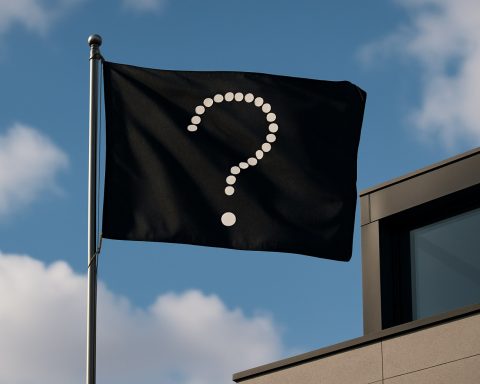Korean Culture
Korean culture refers to the distinctive practices, beliefs, customs, and artistic expressions of the Korean people, primarily from the Korean Peninsula, which includes both South Korea and North Korea. It encompasses a wide array of elements, including language, cuisine, traditional clothing, art, music, dance, and social customs.Key components of Korean culture include the Korean language (Hangul), traditional food like kimchi and bulgogi, and cultural practices such as the celebration of Chuseok (harvest festival) and Seollal (Lunar New Year). Traditional clothing known as hanbok is often worn during festivals and ceremonies.The influence of Confucianism is prominent in Korean culture, impacting social hierarchy, familial relationships, and community values. Korean pop culture, especially K-pop music and Korean dramas, has gained global popularity, contributing to the phenomenon known as the "Korean Wave" or Hallyu.Korean art forms such as pottery, painting, and calligraphy, as well as performance arts like traditional music (gugak) and dance, also reflect the rich heritage of the culture. Overall, Korean culture is characterized by a blend of ancient traditions and contemporary influences, creating a unique and dynamic cultural landscape.










